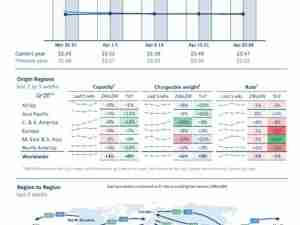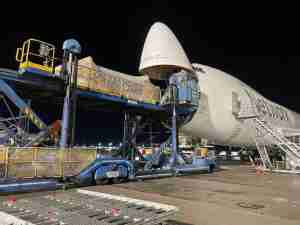Etihad Airways said passenger numbers could hit pre-pandemic levels by 2023, after the reopening of global borders helped the Gulf carrier post a fourth-quarter profit.
The Abu Dhabi-based airline has cause for optimism after a recent paring back of domestic coronavirus restrictions. The city relaxed mandatory quarantine periods and travelers to the emirate no longer need to get tested before flying in if they are fully vaccinated.
Etihad’s passenger load factor—or percentage of occupied seats—doubled in the second half of the year and reached 70% in December. That was the highest monthly figure since the pandemic began, as travel demand peaked during the winter holiday period.
“February’s been better than we anticipated as well, and that’s before the relaxation in travel restrictions,” Chief Financial Officer Adam Boukadida said in an interview. “We’re expecting 2022 to be better than last year,” he said.
The comments echo those of Dubai Airports Chief Executive Officer Paul Griffiths, who has predicted an imminent surge in passengers. “The urge to travel, when people have the confidence and the disposable income, having not done so for a long time, will be very marked,” he said in a Bloomberg Television interview last month.
Abu Dhabi is the capital of the UAE, which has consistently scored high on Bloomberg’s Covid resilience rankings—based on high rates of vaccination and limited overall mortality related to the virus.
Etihad posted a loss of $476 million in 2021, compared with $1.7 billion loss a year ago. It carried 3.5 million passengers last year, with an average load factor of 39.6%.
The carrier was also buoyed by continued strength in its cargo operations. Air freight has been a bright spot for global aviation as online purchases soar and shipping rates rise. Etihad reported a 27% increase in freight carried in 2021, while cargo revenue rose 49% to $1.73 billion, the highest on record.









